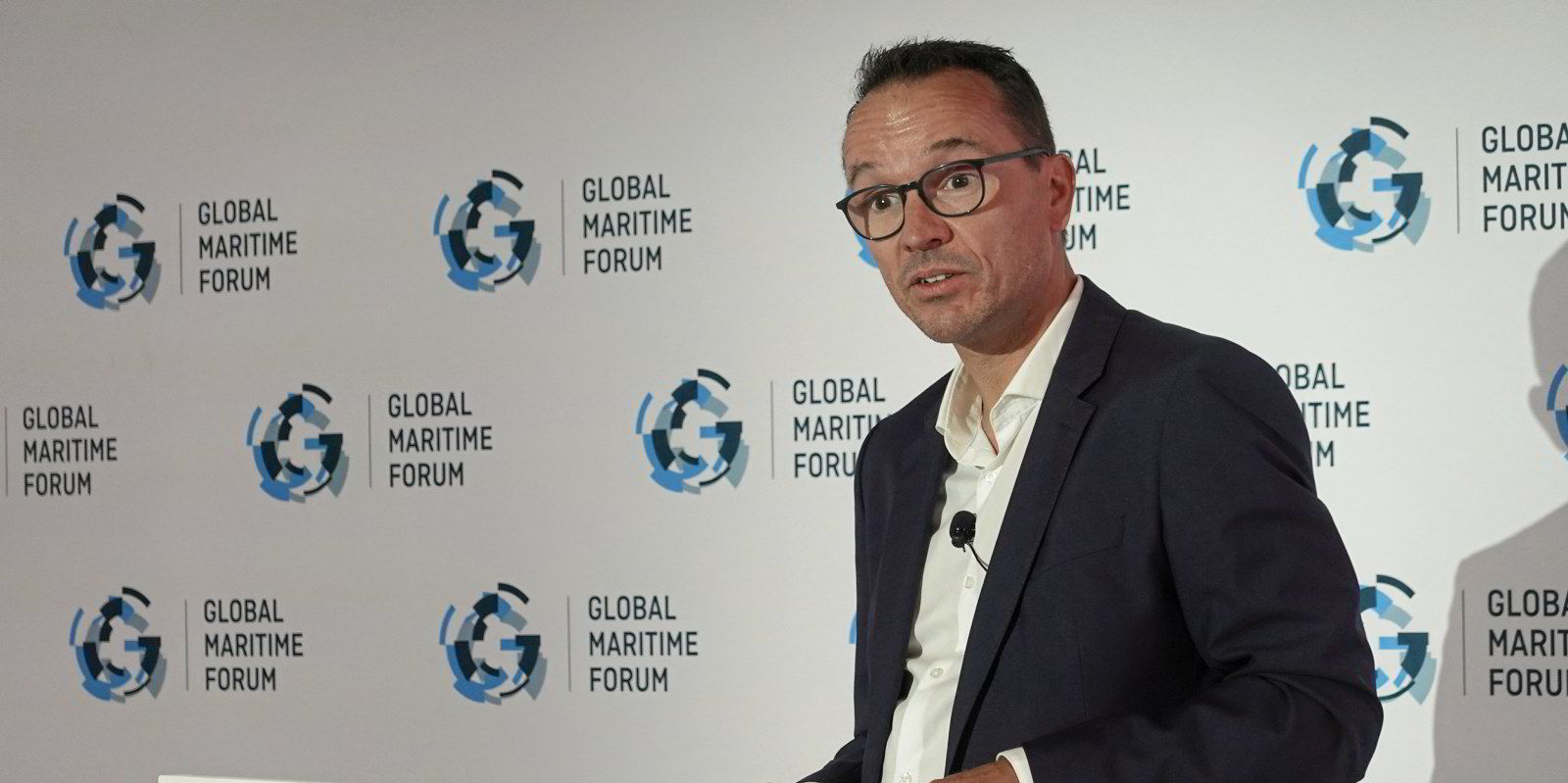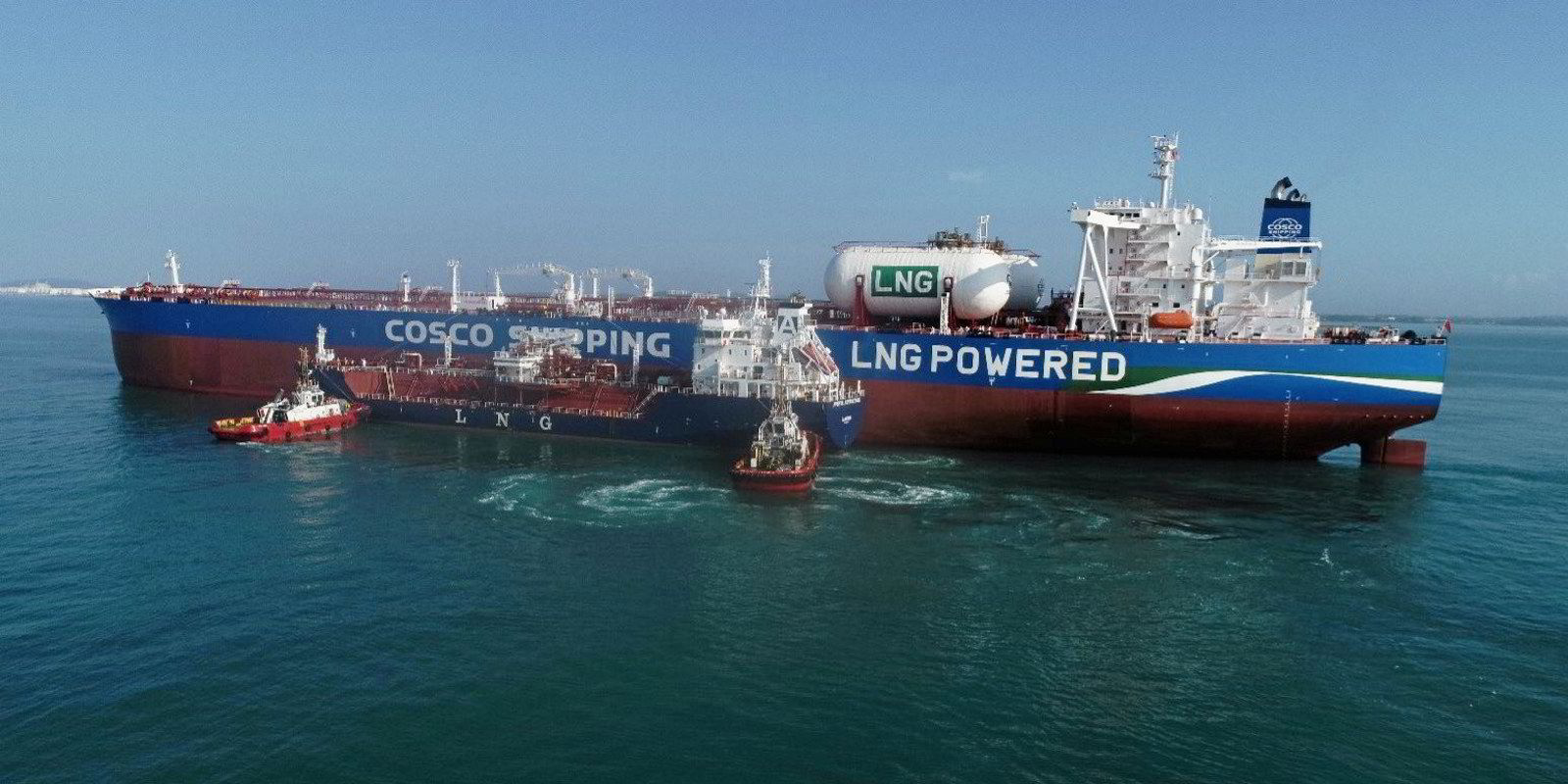Cargill has teamed up with Japan’s Mitsui & Co to place the first-ever order for methanol-fuelled bulkers.
Jan Dieleman, the president of the US agricultural giant’s Cargill Ocean Transportation division, said the company has ordered two dual-fuel kamsarmaxes in collaboration with Mitsui and Japanese shipbuilder Tsuneishi Group.
The scaled-down deal emerged three months after TradeWinds reported that the company was in talks to order four to six of the bulkers that could run on both methanol or conventional marine fuels.
“We have ended the ‘chicken and egg’ debate by ordering two methanol duel-fuelled bulk carrier vessels, in collaboration with Mitsui & Co and Tsuneishi Group,” Dieleman said in a post on LinkedIn.
“I believe shipping will need to move to zero-carbon fuels to meet its decarbonisation goals. Methanol offers one such pathway.”
As TradeWinds and our Green Seas sustainability newsletter have reported, methanol is gaining ground as an alternative fuel.
It offers a lower carbon footprint today and a potential zero-carbon profile in the future if the methanol is produced using renewable energy and carbon capture.
“It is the most technologically ready of the zero-carbon options and we wanted to do something now to move the industry forward,” Dieleman said.
The latest newbuildings for Cargill, one of the world’s largest bulker charterers, are scheduled to be delivered in late 2025 and early 2026, according to shipping news website Lloyd’s List.
Pricing details have not been disclosed. VesselsValue estimates an 81,600-dwt kamsarmax ordered at Tsuneishi in Japan with an eco engine would cost $35.4m, but a methanol-fuelled vessel is expected to cost somewhat more.
For Mitsui & Co, a Tokyo-listed conglomerate, the vessels would add to an owned fleet of 67 owned vessels, according to data from Clarksons.
Cargill is not the only bulker charterer pursuing methanol-fuelled tonnage.
TradeWinds reported in December that Brazilian mining giant Vale has launched a request for proposals that could lead to a long-term charter of 325,000-dwt very large ore carriers powered by the fuel.





